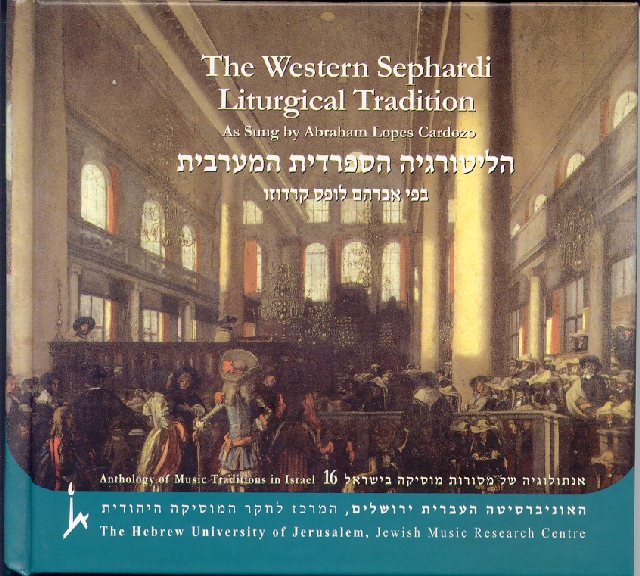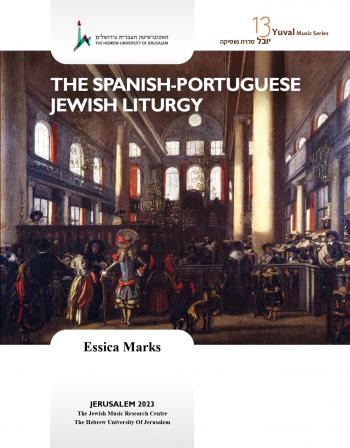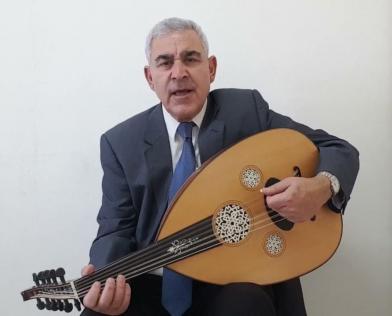Performed by Reverend Abraham Lopes Cardozo
Kol beru’e ma’ala umata
The poem depicts "all Creatures" singing and praising the Unity of God. In the Sephardi rite it is performed at sunrise, preceding the morning service. The original poem with the acrostic "Shelomoh" was written by R. Salomon Ibn Gabirol (Málaga, c. 1020 - Valencia, c. 1070). Three centuries later, R. Moses ben Isaac Alashkar (Zamora, c.1465- Jerusalem, 1541), a poet and commentator from the generation of the expulsion from Spain, composed a poem that starts "Meromam 'al kol brakha u-tehilah" on the pattern of "Kol beru'e". For this poem he used Gabirol's refrain "ye'idun yagidun kulam ke- ehad Adonay ehad u-shmo ehad" (they shall all testify and proclaim in one voice: God is one and his name One). The poem by Alashkar, with its intense kabbalistic content was from the beginning printed next to Gabirol's poem. Subsequently many sources unaware of the pasting together of these two texts erroneously attributed the combined poem to "Salomon Moses Alashkar". The kabbalistic overtones of Alashkar's verses led to the inclusion of "Kol beru'e" in compendia printed on behalf of the confraternities dedicated to mystical nightly vigils that sprung up around the Mediterranean in the second half of the 16th century. From there, the poem also entered into the repertoire of some Hassidic dynasties in Eastern Europe, next to other Sephardi poems of kabbalistic content, such as "El mistater be-safrir heviyon" by R. Abraham Maimin of Aleppo.
In the Amsterdam tradition "Kol beru'e" was chanted as one of the baqqashot, the poems recited prior to the daily morning service. The tune in this recording was transmitted to Rev. Lopes Cardozo by Leon Palache, son of Prof. Juda Leon Palache. Prof. Palache was a lecturer of Hebrew Language and Literature at the University of Amsterdam since 1924, son of Isaac van Juda Palache and grandson of the hakham (Rabbi) Juda Leon Palache both from Amsterdam. Prof. Palache was the Parnas Presidente of the Portuguese Jewish community of Amsterdam before World War II. According to Rev. Lopes Cardozo, it was Zwi Werblowski, Professor Emeritus of the Hebrew University, who transmitted this tune to Leon Palache in Amsterdam.
This melody may belong to the Italian stratum of the Amsterdam tradition. A very close variant is sung on the Rosh Hashanah (New Year) services in the Italian tradition of Padua (see: Italian Jewish Musical Traditions from the Leo Levi Collection, AMTI 0201, 12)






